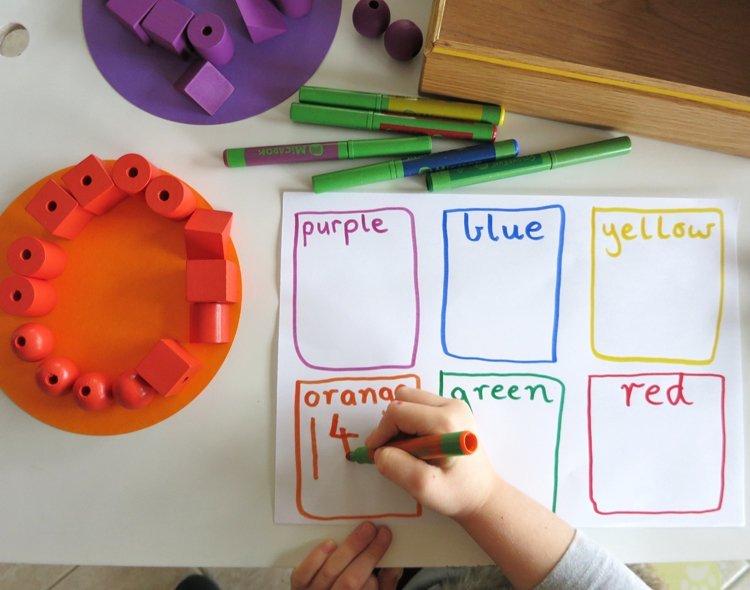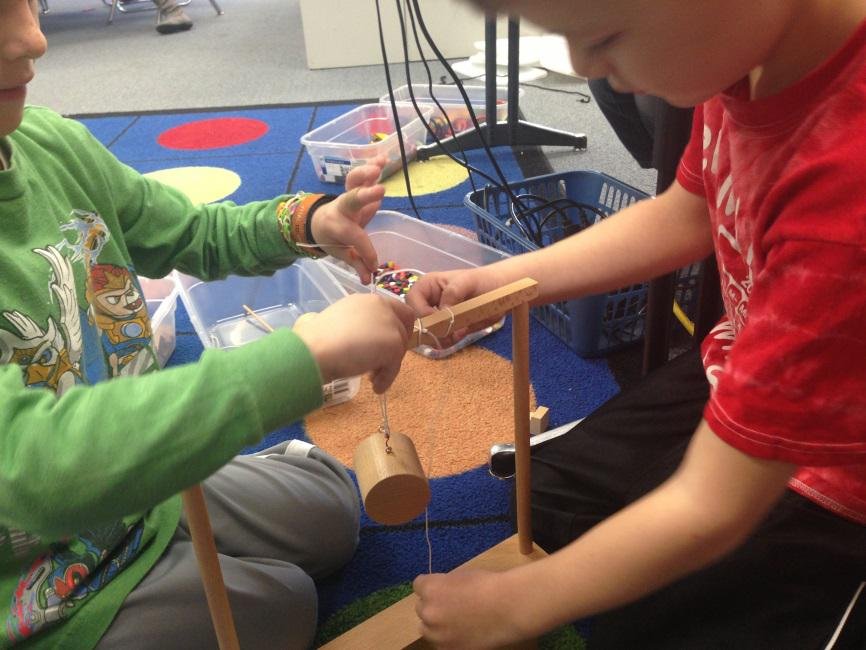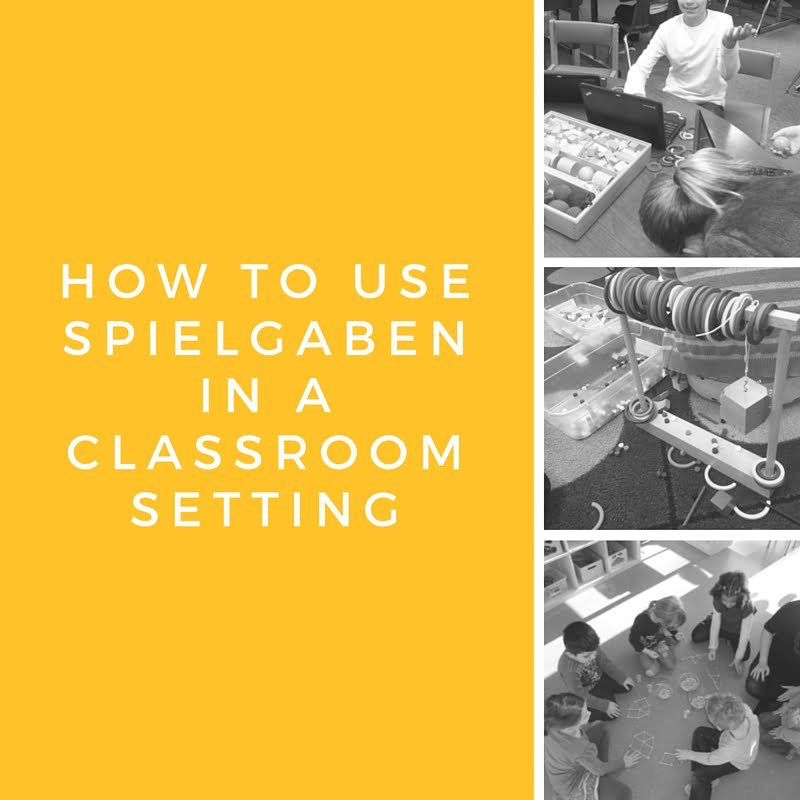Study tips for Your Child’s Solid A Score in School Exams
Does your child have lower than expected score in his or her school exam?
It is not always smarter child does higher grade in school exam but a child who prepared better usually does consistent high grade in his exam.
Then, how can you help your child to prepare for himself for his school exam and make most of his effort?
We have summarised how to study daily and also explained what he needs to do during exam period.
Without further redo, let us dive right in.
Essential Study Tips for consistent high score
Daily Routine
Encourage your child to set a daily timeframe when they will study each night and to stick to it. Your child can start with only 20 mins each night first and slowly growing the duration to 40min, 60 min and so on so it is easier for him to increase the duration over the period.
Please note: It’s very important that their study time becomes a habit so it takes less conscious effort and do it every day. It is far better doing study little bit every day than huge amount all at short period of time just before exam.
Study Space
Parents often overlook this and it is really important that your child’s study space is both comfortable and well lit. Don’t allow them to sit on the couch or on the bed to study but ensure they sit at a desk where their study daily routine takes place. You will be amazed how much child can focus just by changing the space they are studying in.
Say Aloud
You might think that the good grade student usually studies dead quiet without saying a word but staring at the textbook. Research proves it wrong and one of the best ways for your child to really remember and learn is to talk about what they are learning out loud.
The words spoken aloud were remembered much better than those that were read silently. Even adults are far better at problem solving when we think out loud. Research proves that think out loud making 78% fewer mistakes than if we silently puzzle things over in our heads.
It does not have to shouting level but just normal talking level so your child can hear what he is saying.
Set a timetable
School exam usually consist of a series of subjects in a week. When your child is studying not one but for a series of tests or exams, it’s helpful to get them to draw up a study timetable in advance so that your child can dedicate specific time to each subject and plan ahead. Your child can use whiteboard or even a large piece of blank paper so that your child has a visual reminder to block out study periods for different subjects. This visual timetable will help your child keep his schedule and well prepared in time for the upcoming exams.
Twenty-minute Interval
No one can study for six hours straight (not even trained professional) and still be effective. As parents, we should help our child to break up their time into twenty-minute interval.
On average, secondary school student’s brain is not designed to remain focused on a single task for a significantly long time – most students usually being to lose focus and concentration after twenty minutes. You will see that when your child is sitting in a classroom. Most of students will focus on first 20 mins then their quality of reception starts to drop and their ability to digest information from their point of attention deteriorates. At this point, their brain requires some time off, a distraction hence they doodle and not actively listening.
You can encourage your child to schedule mini-breaks (5 mins break for instance) every twenty minutes to keep their attention up. It is not quantity that counts but the quality and it is better to have a quick break between so keep the focus sharp.
Healthy Child = Smarter Child
It’s difficult to focus on study on an empty stomach or when you have no energy. Make sure your child drinks lots of water while avoiding too many caffeinated drinks, such as coffee and Coke. Have plenty of healthy snacks on hand (nuts & fruits are a great source of energy) and encourage them to exercise regularly! A regular exercise such as taking a short walk or cardio helps circulating the blood into brain and helps focusing on study.
Even during exam time, we encourage children to keep up with their regular sporting activities. These provide a physical break from study and also help get a dose of those feel-good endorphins released through physical exertion and helps relieving stress and focus on study.
Sleep
We saw many students try to reduce number of hours of sleep and study longer but it is not such a good idea. Sleep is actually the most important study tool going around. Your child won’t retain any information if they are dog tired, so if it’s late or they are just plain exhausted, encourage them to go to bed! They can always set their alarm and get up early in the morning to catch up.
We say again, it is not the quantity but quality counts. There is always plenty time of study if time is used wisely hence, we recommend using timetable and plan ahead. Exercise regularly and sleep well so your child’s body and brain can focus on study.
Avoid Interruptions
When your child is in study mode, avoid things like having the computer and internet on. They are the number 1 distraction in modern society. That will protect them from being distracted by messages constantly popping up. It is very hard to get your child’s mind back to study after distraction.
The same goes for their mobile phone – make sure it is switched off or out of the room when they are studying. Your child might resist this since they are glued to mobile phone nowadays but this is a MUST. It will get easier as going along but make sure those electronic devices are away at least during study time.
And, a good idea is to let the whole family know what your child’s study timetable is, by posting a copy somewhere all family members can see easily, and make it a family rule not to disturb your child during their study periods if possible.
Set rewards
As with any goals, it is much easier to focus when there is a reward. It does not have to be big or costly. Once your child achieves each milestone, they could watch something on YouTube or a favourite TV show, catch up with friends, play some sport or watch a favourite movie together. This will motivate them to continue and trying to achieve next milestones.
Ask for Help
If your child is unsure about any part of their subject, make sure your child seeks out his or her teacher and asks for further clarification. Teachers are there to help! The peers can also be another great source of help.
Encourage your child to ask a classmate for help if they are struggling any specific subject matter. They can always repay the favour by offering to help them in another subject to the classmate and help each other.
Find a Study Partner
A study partner can be really helpful for your child, when they are studying for a subject that they are having trouble with. Peer tutoring can be one of the most beneficial ways to understand parts of a subject that your child is struggling with.
When a classmate explains something in their own language, this can help your child to understand it better. Suggest that your child finds a classmate, or even an older student, who can offer help in studying. They can then do the same in return and help the classmate on subject your child is good at.
A word of warning – It can be easy to get distracted by chatting about other stuff when they are together. Hence, try to use this method for one or two subjects only instead of entire subjects.
Okay. Your child did all of above and have studied and prepared well. Then what?
Now, your child has pretty much done all the hard work and just need to make most of his effort on exam date.
Here are a few Exam Tips that would help your child on that day.
Essential Exam Tips
Fuel the body properly
Your child won’t be able to perform at their best if they haven’t fuelled their body properly. Make sure that they have had a good feed before their exam – cereal, yogurt, eggs, blueberries, fish oil and avocado are all excellent brain foods. Try to avoid meat or bacon that takes effort to digest.
Make sure they also have a bottle of water to hydrate them during their exam.
Get a good sleep night before
Make sure your child gets a good night’s sleep before exam! They have studied all they can, and even if they haven’t done their best, it will not make too much difference by trying to cramming the night before. There’s nothing left to do but get a good night’s rest. Their brain will thank them for it in the morning and be optimal state to take exam.
Be in time and Be prepared
Make sure your child arrives at their exam in time with the appropriate equipment. They will need at least two pens – an extra one in case a pend runs out – a pencil, a calculator and an eraser. They won’t be able to ask someone for a pen midway through the exam and we see at least one student do this every exam and getting panicked because they do run out of equipment.
Read the entire exam paper first
We saw many students just delve into the exam as soon as exam starts and feverishly complete the last questions even finish bell going off.
It is always better to spend first 5 to 10 minutes to skimming through entire paper and understand what questions are there and how much time would require for each question so they are mentally prepared and allocate time accordingly so they are not surprised by anything at the last minute.
Plan their exam time
As soon as the student has read carefully through their exam, they should write a quick exam schedule on a piece of scrap paper or back of testing paper so that they can allocate a set amount of time for each section. This will help ensure that they don’t leave themselves short on time for completing the final section.
Complete all the questions
This might sound obvious, but many students simply leave a question if they don’t know the answer. Even if they are unsure, they should at least give the question a go. One mark or even half a mark received can be the difference between a pass and a fail. Remember teacher does not want students fail and would like to give marks as much as they can but if the answer is blank, they cannot do anything about it.
Okay. We have covered both how to study and prepare for the exam and exam tips on that day.
Now, you are ready to help your child getting solid A score and make most of his time and effort for the upcoming exam.
Happy Learning
(Reference: Starting Secondary School – Michael Carr-Gregg & Sharon Witt, 2020)













LEAVE A COMMENT